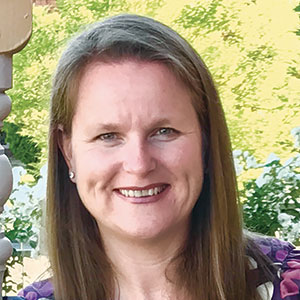The seventh article in this series on the topic of aged care explores issues of working with people living with dementia and their family and carers.
In this article I will focus on:
- What is dementia
- What types of discrimination is common with dementia and how does this impact people living with dementia
- How can health professionals, such as podiatrists, incorporate small changes in their every day practice that will make a big difference to people living with dementia.
What is dementia?
Not all people with dementia are old and no two people with dementia are alike; however, there are common presentations that are associated with the changes within the brain.
Alzheimer’s is the most common form of dementia and it is associated with cortical atrophy. The most common symptom is progressive memory loss starting with the most recent memories. In the early stages sensory and motor activities are less likely to be affected.
Vascular dementia is the second most common form and may result from brain infarctions or damage to the small blood vessels of the brain. Symptoms in this form vary greatly and co-present with Alzheimer’s-related brain changes. Symptoms may include memory changes and changes to executive functions, as well as possible signs of agnosia, apraxia or aphasia. There may be symptoms consistent with a stroke, such as gait disturbances or lower facial weakness.
Frontotemporal lobar dementia reflects changes in the frontal and temporal lobes of the brain, resulting in significant changes in behaviour. Other affected areas include language skills, mood, social behaviour, attention, planning, judgement and self-control.
Lewy body dementia results in abnormal deposits of the naturally occurring alpha-synuclein protein in the brain. People may have issues with thinking, reasoning and movement difficulties. They may also have postural hypertension, shuffling gait and trouble initiating movement.
The term ‘neurocognitive disorder’ is also used to describe dementia. But it is important to understand that brain changes are only part of the picture and many people with dementia can participate in meaningful lives for years with tailored support.
There are many risk factors associated with dementia which can develop over a lifetime and can be associated with a range of lifestyle habits. Factors that contribute to poor vascular health (e.g. high cholesterol, smoking, inactivity and obesity) also contribute to poor brain health.


